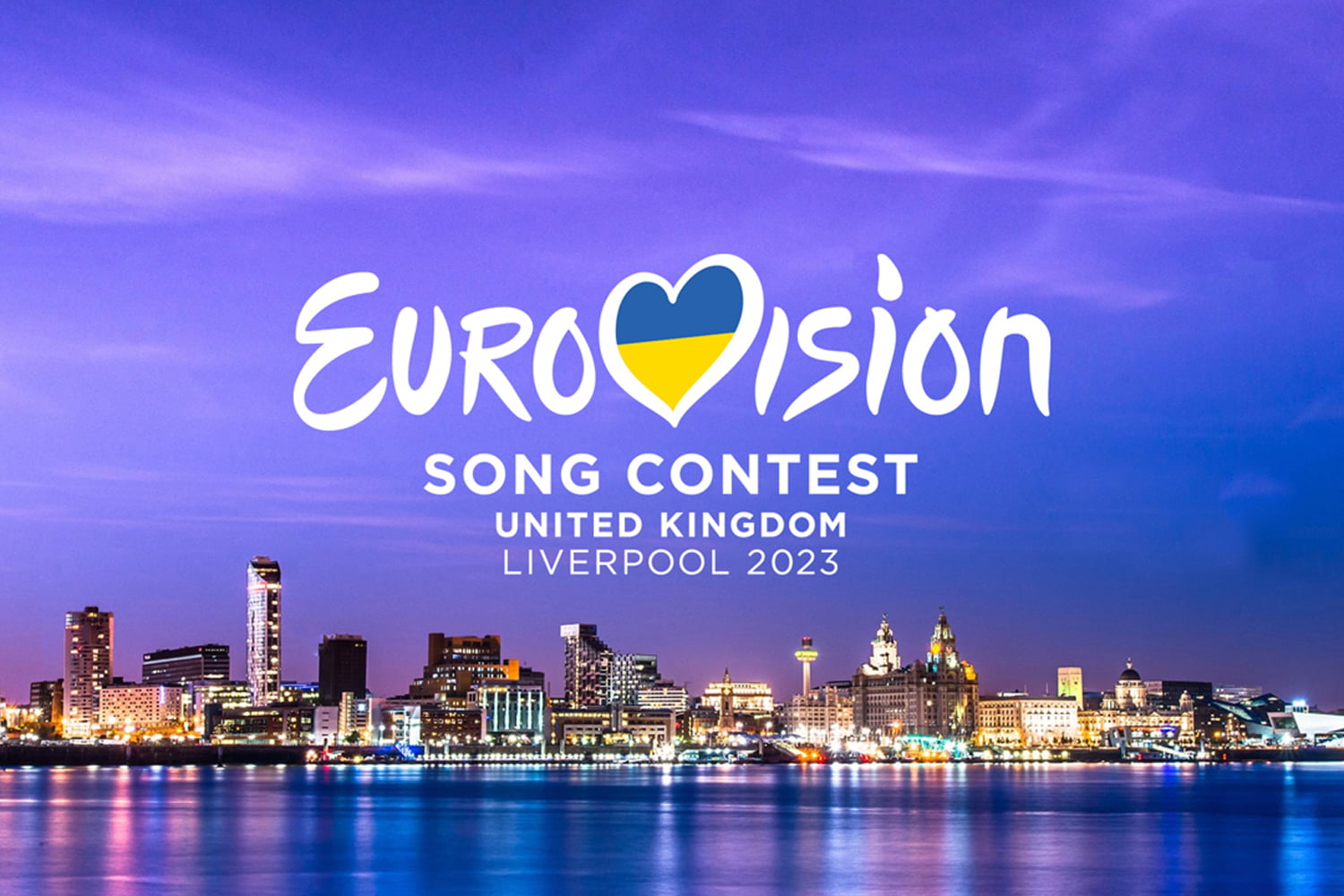Eurovision is an annual international song competition that brings together countries from Europe and beyond. It was first held in 1956, and since then, it has grown to become one of the world’s most-watched television events, with an estimated 180 million viewers tuning in each year.
How Eurovision Works?
Each participating country selects a song to represent them in the competition, and a live final is held where all the songs are performed. The competition takes place over several days, with the final being the most-watched event. After the performances, viewers from each country cast their votes, with the country that receives the most votes being declared the winner.
The Impact of Eurovision:
Eurovision has launched the careers of many successful artists, including ABBA, Celine Dion, and Julio Iglesias. It has also been the subject of controversy over the years, with accusations of political bias and vote rigging.
Despite this, Eurovision remains a beloved annual event for many Europeans, and it continues to bring countries together through the power of music. The competition has even been credited with helping to foster closer ties between European nations, promoting unity and cooperation.
Overall, Eurovision is a celebration of music, culture, and diversity, showcasing the best that each country has to offer. It has become an integral part of European culture and a beloved annual event that millions of people around the world look forward to each year.
Israeli Singer Noa Kirel Qualifies for 2023 Eurovision Song Contest Grand Final with “Unicorn”
FAQ
Which country has won Eurovision the most?
With 7 victories, Ireland is the most successful country at the contest. Sweden won the contest 6 times, while Luxembourg, France, the Netherlands and the United Kingdom won 5 times.
Why is Eurovision so popular?
It’s the world’s longest running international TV contest, with over 65 years of history. Around 200 million people across Europe and the world watch it on TV every year. It spreads a global message of unity, acceptance and diversity, and it’s inspired thousands of original songs, costumes and drinking games.
Has anyone won Eurovision twice?
Johnny is the only singer to date to win the Contest twice as a singer. In 1980, Johnny represented Ireland in the Eurovision Song Contest with What’s Another Year, written by Shay Healy, beating the runner-up, Germany, by 15 points.
Who invented Eurovision?
Following a series of exchange broadcasts in 1954, the European Broadcasting Union (EBU) commissioned an international song competition, from an idea developed by Sergio Pugliese and Marcel Bezençon and originally based on the Italian Sanremo Music Festival.
Why is Israel in Eurovision?
While many often think that a country needs to be part of Europe to take part in Eurovision, that is not the case. Israel has taken part in the Eurovision Song Contest every year since 1973 as the country has been represented by a national broadcaster which is part of the European Broadcasting Union since 1957.


[…] singer Noa Kirel has qualified for the grand final of the 2023 Eurovision Song Contest in Liverpool with her song “Unicorn.” Kirel co-wrote the song with Doron Medalie, […]
[…] singer Loreen won the 67th Eurovision Song Contest on Saturday night with her pop ballad “Tattoo.” She is the first person to win the […]